Blogcast is a twice monthly series on the Private Companion blog in which Ryan Costello, Jr, host of 3.5 Private Sanctuary and Know Direction, shares his thoughts on the medium, and his advice for anyone who would like to start a podcast of their own
“A blog about podcasts? Now that’s meta as hell!”
– “Chatty DM” Philippe-Antoine Ménard (http://critical-hits.com/category/chattydm/)
I’ve considered a blog on my podcasting experience since around GenCon. I was not inspired to pull the trigger on it until board member rendrin expressed in his Pathfinder Society Podcast thread on the 35privatesanctuary.com forums interest in starting a podcast about Pathfinder Society, and requesting any advice on the topic. Hopefully he did not take my absence from that thread as ignoring him. In fact, his request was brewing into something far bigger than I believe he anticipated.
I don’t feel the need to introduce myself, what with the About Us tab on the top of this page, and the size of the overlap in the Venn diagram of people already familiar with me from the podcasts and people likely to be reading this. That is not to say my experience makes me an expert on all things podcasting. I cast my pod when there weren’t that many podcasts, and followed a mix of instincts and good examples. I stumbled a bit along the way, I learned from most of those stumbles, and this blog is designed to share what I learned. If nothing else, people gain some insight into my take on this interactive audio hobby of ours. Hopefully Blogcast succeeds on a larger scale than that, clarifying confusion and inspiring others to start their own podcast, because…
Podcasts Matter
By now it should be clear that podcasts mean a lot to me. Most of my conversation starters come from Judge John Hodgman, Freakonomics Radio, or TED Talks (or cracked.com because the internet). The guests on The Nerdist (NSFW) and Atomic Array (SFW), and the discussions and reviews on The Dice Tower and What’s On Joe Mind heavily influence the media I consume and the products I purchase.
I believe podcasts, and social media in general, help people. Happiness needs a community with which to share in that happiness. Before direct media, during my awkward teenage years, it was like I never saw eye-to-eye with what was popular. Out of the thirty cable channels available in my area, two f them were entirely dedicated to sports. There was only one show dedicated to comics. I still look back fondly on The Anti-Gravity Zone.
Even though how I expressed my love of D&D, and wrestling, and GI Joe, and super heroes was very similar to how sports fans express their fanaticism, media content needed one thing: volume. There were (and probably forever will be) more fans of football than fantasy RPGs. There are days a football fan could turn on TV at any time and find something to watch. Meanwhile I flipped when I stumbled across stuff like the D&D scene in E.T. That was the reality of people like me at the time: if you liked something outside of what was popular at the moment, you liked it alone or in a small group. I have never been ashamed of my love of fantasy RPGs, super hero comics, professional wrestling, or GI Joe, I just had a hard time sharing my love of such things. Now, through podcasts, and blogs, and message boards, and video sites, and everything else the internet has to offer, I can find communities, and splinter communities, with whom to share what excites me about my interests. The Anti-Gravity Zone may be long gone, but there are at least a hundred shows just like it being produced on the internet every day that are mine to discover.
That is a huge part of the reason I podcast. Not the only reason, however. Not even the main reason.
Why Podcast?
As a caster of pod-based entertainment, I am not only audience but producer. Hosting podcasts fills an expressive void in my life. This isn’t to say I don’t socialize unless there is a live mic recording it, although I have told Matt and Perram that our conversations were wasting content. At least with Matt and Perram, I know we can pick up a completely different conversation and chat about it just as much. As recently as a couple of hours ago, I went to a social event and said very little. As recently as this Tuesday, I was described at work as someone who doesn’t say much. And as recently as the day before that, I lead a half-hour conversation about how flying works in 3.5 D&D.
I can be very social. I love how board member and IRL friend Acev put it when he said “We can’t shut him up!” It just helps when there is a certain focus and rhythm to the conversation. Podcasts give me that focus and rhythm. They let me express myself verbally in a way that regular conversation doesn’t always. If I lead a conversation IRL for more than a few minutes, I get self-conscious that I am hogging the spotlight. When I host a podcast, not only do I feel comfortable leading a conversation, I know it is expected of me.
Therein lies my motivation for podcasting. Yes, I have received exposure that lead to opportunities as a game designer. Yes, I have been recognized by people I respect and have been told by strangers that they like what I do. Yes, I helped a medical technician get through a 60 hour shift during a hurricane. These are all amazing benefits of the podcast, but they are not what motivates me to write my outlines and charge up the mics every week. If all I wanted was some work or some attention, I doubt I would have gotten through my first year. I podcast because I love podcasting. I love podcasting because I get to express myself and that benefits a community in which I am happy to be a part, a community that, before things like podcasts, was much less of a community to me.
Podcasting and You
That’s what I get out of podcasting. What do you get out of it? That depends on what you are willing to put into it. Maybe you want to make a career out of it. No judging. Fair warning, however: Monetizing a podcast is rare and difficult, but not impossible. One of the most financially successful podcasts is the aforementioned Nerdist. I recently listened to some of the best advice for creating and maintaining something successful on the internet in The Nerdist 312: YouTube Titans. Chris Hardwick talks with Grace Helbig, Harley Morenstein, and Hannah Hart to talk about Daily Grace, Epic Meal Time, and My Drunk Kitchen. The humour gets crude, as is standard for The Nerdist, and the discussion wanders at times, but when they get down to talking about why they believe their YouTube channels have been successful (each regularly getting over a million hits an episode), the insight they offer is amazing. Among their aggregated theories on their success:
Integrity: Even if the hosts of Epic Meal Time and playing characters, the enthusiasm they bring to their show is palatable. Oh! That was a pun. Snuck up on me. These guys just go out there and put on a big show about terrible food without worrying about etiquette or calories. They aren’t appealing to a target market, or meeting with focus groups, or using their show as a platform to reach mainstream work. The return on investment, be it money, or attention, or credit, is so often so low, that if everything on the internet that was done out of love suddenly disappeared, there would be no internet.
Consistency: Having an audience means meeting expectations. You might say that this is free entertainment and an audience should not feel entitled to anything but what you want at that exact moment. I have never agreed with that, and I have heard it often enough. Staying within a certain release schedule and following a certain format heavily influences how likely your audience is to build. That does not mean you need daily content. That means if you promise daily content, you better deliver it. If you can’t, at least let your audience know why.
Transparency: The days of one-way entertainment are gone. When I was in high school, I wrote Seth Green a fan letter to let him know I was a huge fan of his work. When I was in college, I paid to see a live reading of a Family Guy episode and got to ask Seth Green a question. It felt like a once in a lifetime opportunity. Today, if I want to tell Seth Green I’m a fan, I can tweet him. He’s a legitimate celebrity. If any fame you amass is built on being an average Joe (or Jo) and turning a passion into a success, you are still expected to be an average Joe. Average Joes answer e-mails, comments, and tweets. Even if you somehow end up with followers in the thousands. Even if they are very active. Some will be awesome people who you would hang out with anyone. Some will be polar opposites of you that you share exactly one thing in common with.
Parting Thoughts
These are all ideas we will explore in the future, as well as choosing your format and release schedule, technical stuff, and maybe even that whole list of topic ideas I wrote down and can’t seem to find. Before we go, if you are seriously considering starting your own podcast, here are two questions you should ask yourself:
1. What do you think you will get out of podcasting?
2. What do you see as your biggest obstacle to podcasting?
TtYL.

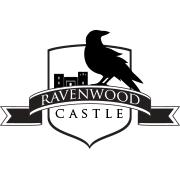
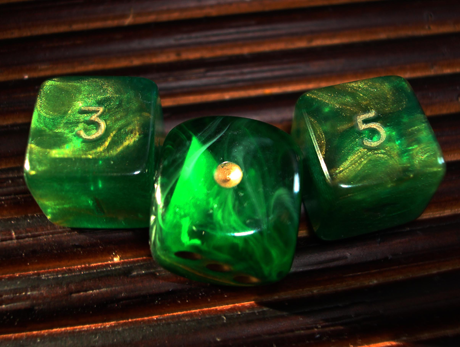
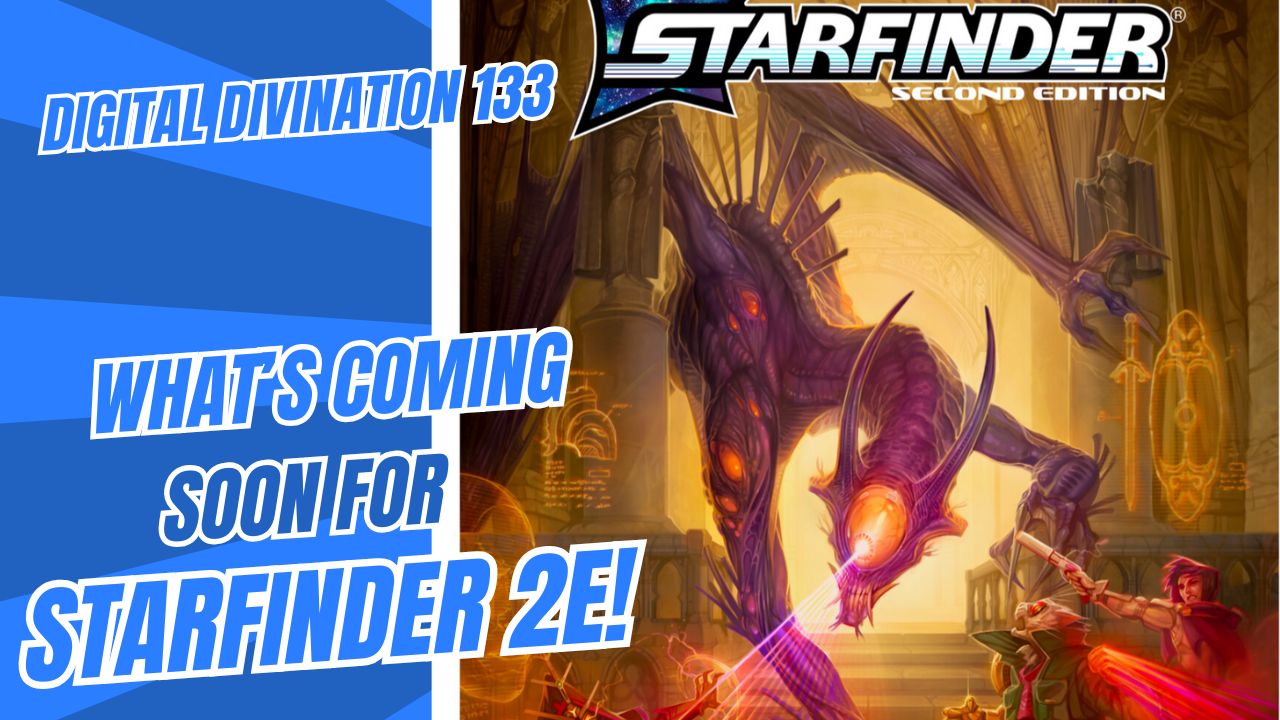
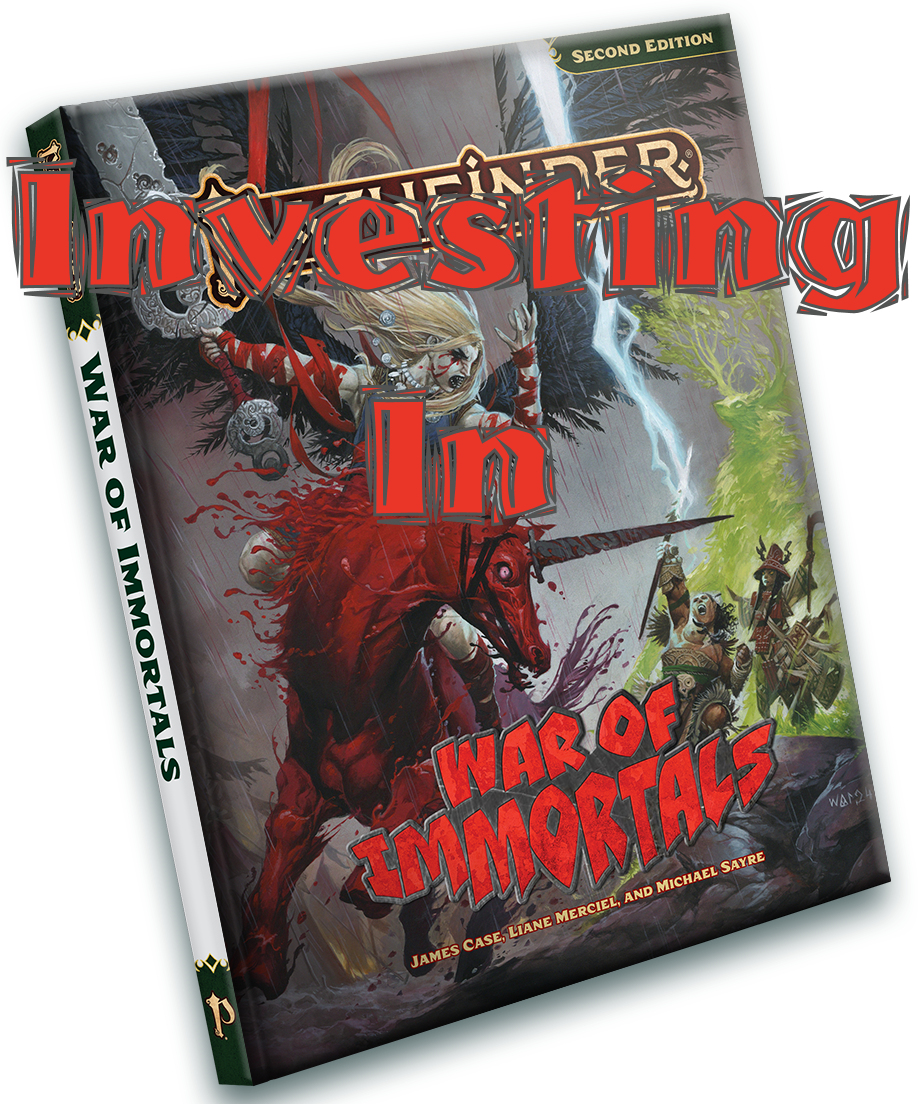
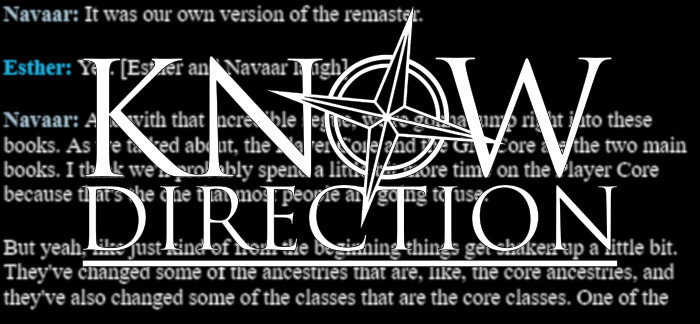
Leave a Reply